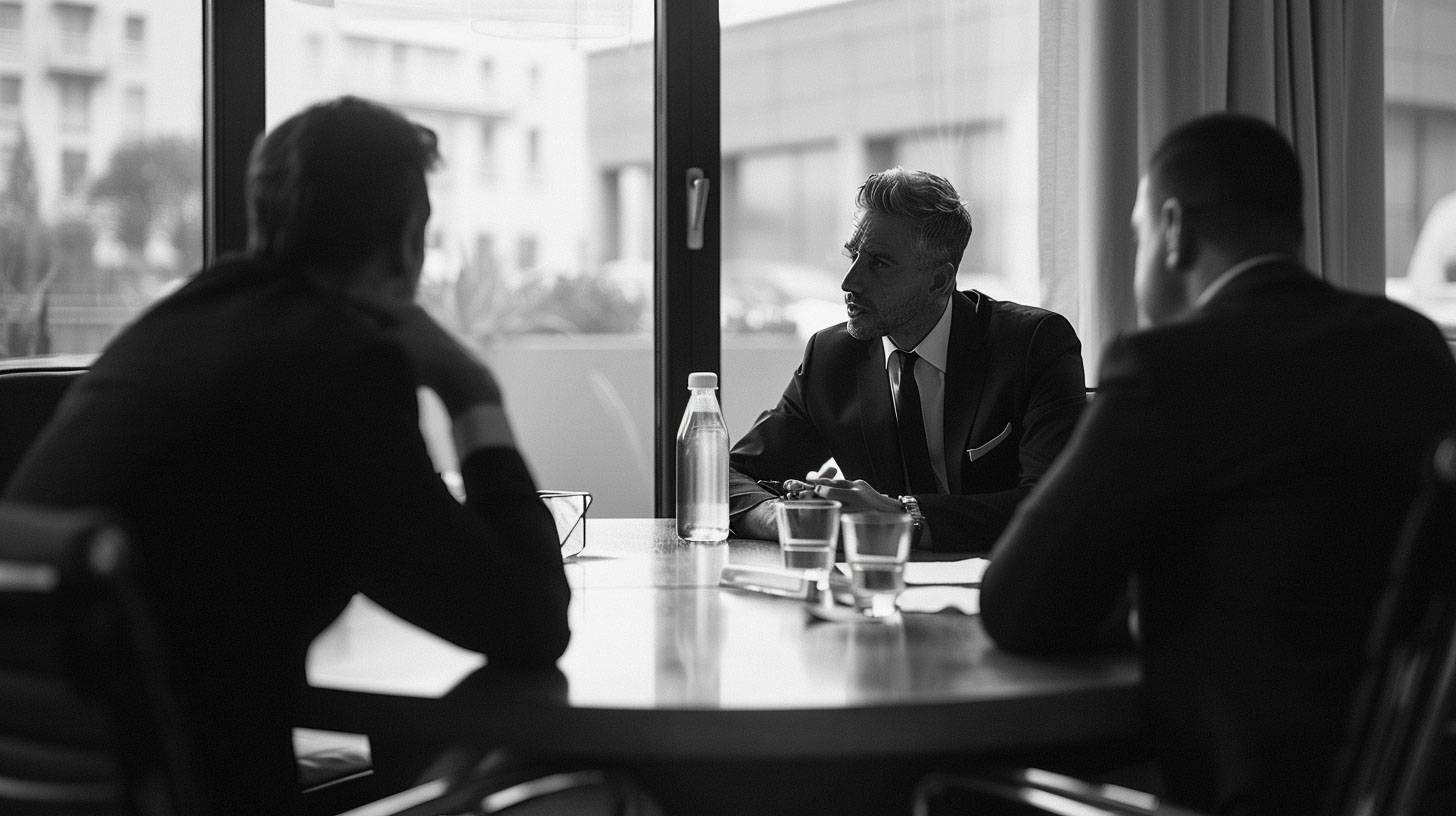Papua New Guinea (PNG), a vibrant and culturally rich island nation located in the southwestern Pacific Ocean, boasts a diverse array of ethnic groups, languages, and traditions. While this country of immense natural beauty and abundant resources has much to celebrate, it also faces significant challenges, particularly in the areas of civil liberties and freedom of expression. This article delves into the current status, challenges, and ongoing efforts related to civil liberties and freedom of expression in Papua New Guinea.
Cultural and Ethnic Diversity
Papua New Guinea is one of the most culturally diverse countries in the world, with over 800 languages spoken and numerous ethnic groups residing within its borders. This diversity underpins everyday life and enriches the nation’s cultural fabric. However, it also poses complexities in terms of governance, law enforcement, and the safeguarding of civil liberties.
Civil Liberties: Progress and Challenges
Civil liberties, including the right to a fair trial, freedom of assembly, and personal security, are essential components of a functioning democracy. PNG has made strides in establishing legal frameworks that protect these rights; however, the real-world application of these safeguards is often inconsistent.
Legal Framework: The Constitution of Papua New Guinea guarantees fundamental rights and freedoms, including the right to life, liberty, security of person, and protection of the law.
Challenges: Despite the constitutional guarantees, there are notable challenges. Law enforcement agencies are often under-resourced, which can result in delays in legal proceedings and lapses in the enforcement of rights. Additionally, issues such as corruption, tribal conflicts, and domestic violence also undermine the effective protection of civil liberties.
Freedom of Expression: Legislative and Practical Realities
Freedom of expression is a cornerstone of democratic governance, allowing citizens to openly discuss ideas and hold their government accountable.
Legislative Protections: Freedom of expression is enshrined in the Constitution of Papua New Guinea. The constitutional provisions forbidding restrictions on speech and the press provide a strong legal foundation for this right.
Media Landscape: The media landscape in PNG includes several national newspapers, radio stations, and television networks, alongside a burgeoning presence of digital media. Journalists and media outlets play a crucial role in informing the public and critiquing government policies.
Practical Concerns: Despite these legislative protections, journalists and media personnel in PNG face significant threats. Instances of harassment, intimidation, and violence against reporters have been documented. Additionally, there is often self-censorship driven by fear of retribution. The legal system provides for recourse, but slow and delayed judicial processes often leave victims without timely justice.
Business Environment in Papua New Guinea
Papua New Guinea has a mixed economy with substantial contributions from agriculture, forestry, fishing, and mining sectors.
Natural Resources: PNG is endowed with rich natural resources, including gold, copper, oil, and natural gas. These resources have attracted significant foreign investment, particularly in the extractive industries.
Economic Context: Despite its wealth in resources, PNG faces economic instability characterized by fluctuating commodity prices and infrastructural challenges. Limited access to markets, coupled with economic policies that sometimes are unevenly implemented, further complicate the business landscape.
Investment Climate: The government has made efforts to improve the investment climate by implementing regulatory reforms and promoting foreign direct investments (FDI). However, issues such as land tenure disputes, corruption, and bureaucratic inefficiencies continue to be barriers to a fully conducive business environment.
Conclusion
Papua New Guinea stands at a crossroads where cultural richness and economic potential juxtapose with challenges to civil liberties and freedom of expression. The constitutional framework provides strong foundations for protecting these liberties, but real-world application needs consistent enforcement and supportive infrastructure. In parallel, improving the business environment requires addressing systemic issues like corruption and legal inefficiencies to fully unlock the country’s economic potential. As PNG continues to navigate these dynamics, it remains crucial for both domestic actors and international partners to advocate for and support reforms that strengthen civil liberties and freedom of expression for all its citizens.
Related Links about Exploring Civil Liberties and Freedom of Expression in Papua New Guinea:
American Civil Liberties Union
